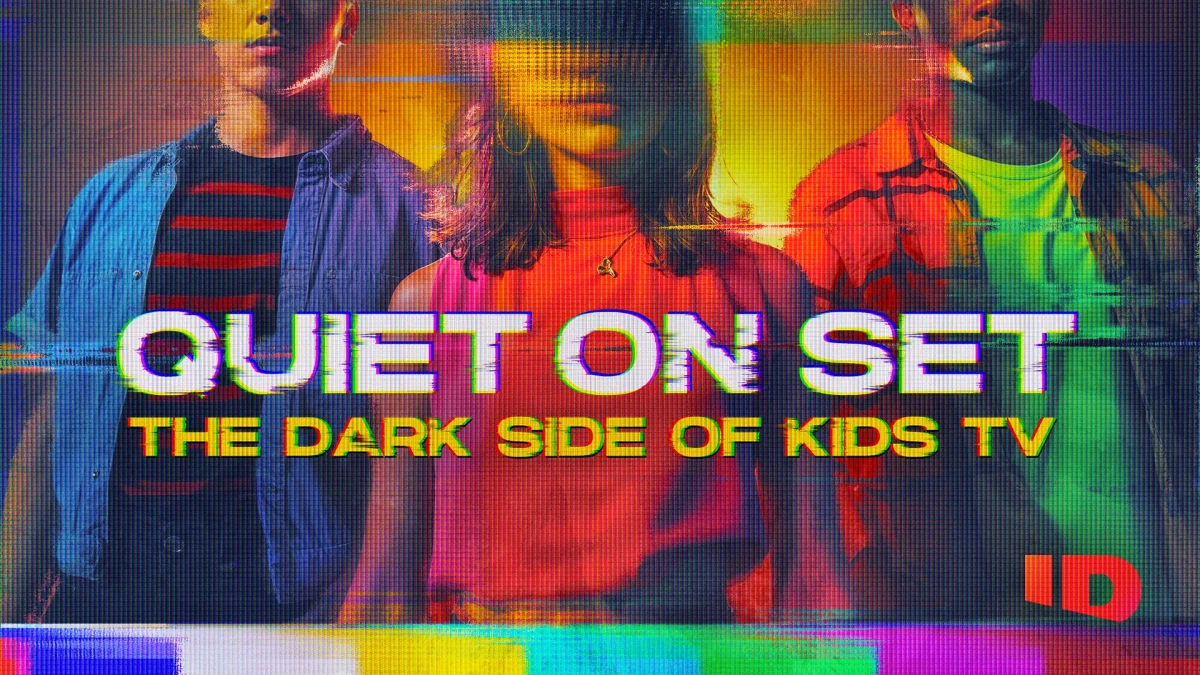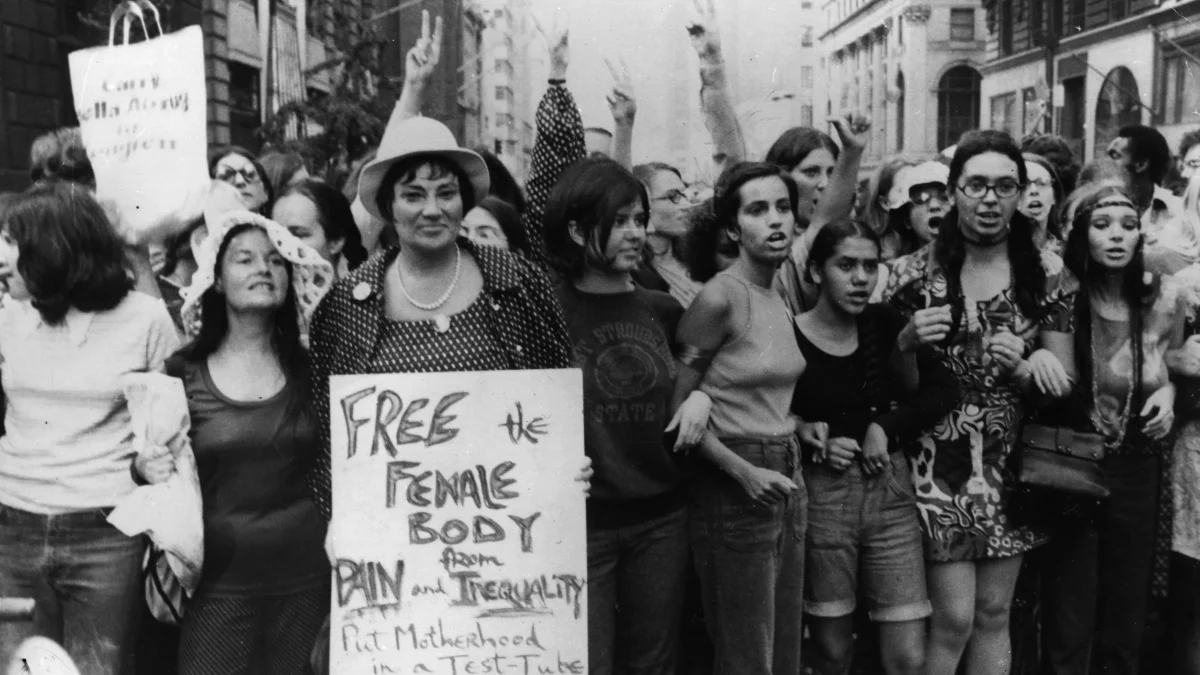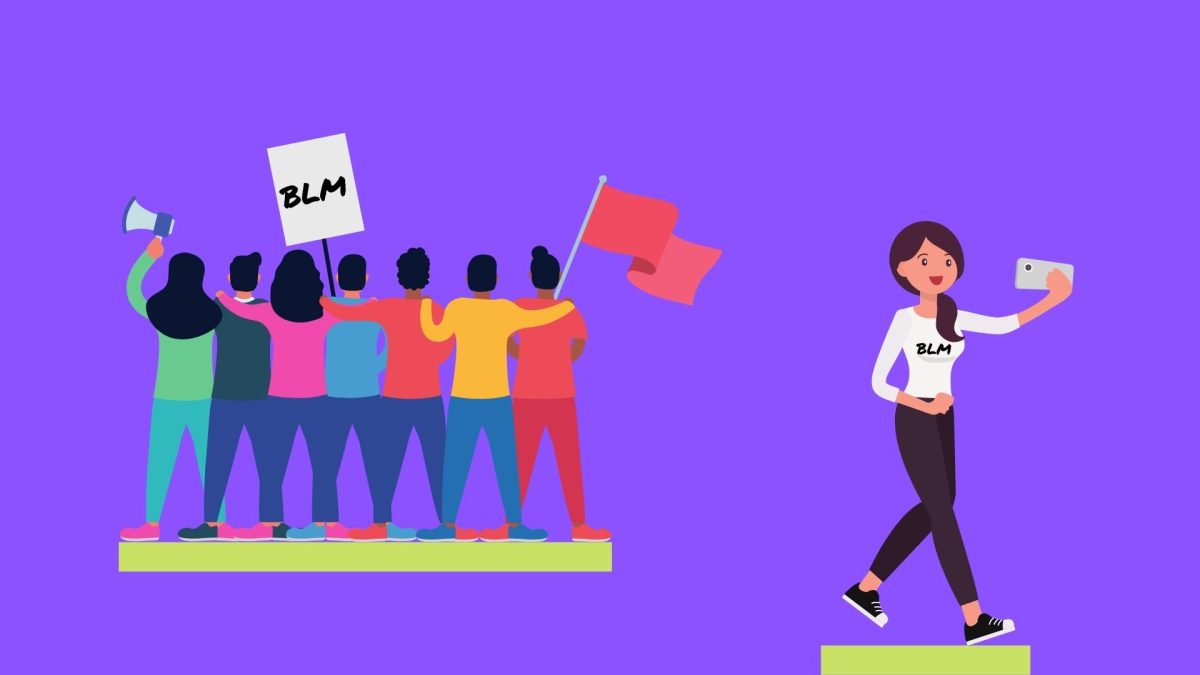The year 2011 will go down in history as the year social media and democracy joined forces. Not in those words exactly, but along those lines.
The internet has been a major player in the changes that are happening all over the world this past year.
It began on Jan. 25, 2011. This is the day thousands of pictures and videos made its way to the internet, from Egypt. The pictures and videos displayed images for angry protestors over President Mubarak’s 30 year rule. The “Day of Rage” was the first day of this social media democracy. Ironically enough, a Mercy student was on hand, studying abroad, and was able to photograph the protests, which she claimed was always peaceful until the military was involved.
The images inspired many others to allow protestors to use their internet connections to continue getting their message across.
Realizing the power of the social media, government officials in Egypt blocked websites such as Facebook, Twitter and Youtube. Soon after that, the government was able to ban text messaging and the internet as a whole.
Moving on to Feb. 14, 2011, a day meant for Hallmark romances in the United States. In the Middle East, Saudi Arabian protest began against dictator Bahraini King Hamad.
Not giving protestors enough time with access to the internet (basically trying not to be another Egypt). It was banned four days after protesting began.
Before being cut off from the internet, protestors were able to release a video of the funeral of a fellow protestor. The protestor was killed by police.
Despite efforts to end his regime, he still remains in power.
On Feb. 17, protestors in Libya began their own protesting. Authorities shut down internet a few days later in hopes to stop rebel forces from organizing online.
The protesting all over the Middle East began because of Egypt, experts feel. When Egypt’s cries for freedom went viral, it began the trend for establishing human rights.
The dictator Muammar Gaddafi began war against rebels in Libya. The war lasted for months and eventually Gaddafi was killed by rebel forces.
Surprisingly NATO commander Admiral James Stavridis took to Facebook to announce that the war was over in Libya.
In Syria, on March 15, 2011, protest began. Facebook and Youtube had already been banned for seven years. In this case, Twitter was becoming the hero.
After three months of violence between police and protestors, authorities shut down the internet completely. Violence continues to occur to this day.
London, a place where westernization has already occurred, also faces trouble. Riots began August 6, 2011. The economic crisis in Europe has the people upset at the governments.
The protestors in London took to the street causing havoc; breaking store fronts and starting fires in the street.
Protestors choose blackberry’s BBM (it must work better in Europe than in the U.S.) to plan riots and organize protests.
Back in the United States, riots broke out in San Francisco because of the BART (Bay Area Rapid Transit) passenger that was shot by police for allegedly pulling out a knife on police.
San Francisco blocked cell phone service to prevent protestors from organizing at four BART stations.
Amazing that government in the United States would temporarily take away citizens freedom to protest. Isn’t that an part of the First Amendment?
Moving away from revolutions, another big occurrence were the hackers. Hackers have been around for years, since the invention of computers and internet. The hackers, Anonymous (very original) and Lulzsec, have caused quite a stir.
Lulzsec took down the CIA’s website in June, and in April, took down Sony Playstation (the end of the world to gamers everywhere).
Anonymous posted names and addresses of BART policemen. The ones that killed Charles Blair Hill, 45 year old man, who allegedly pulled out a knife on police in San Francisco.
Anonymous is also responsible for taking down Syria’s government website in August (to just name one).
These skilled hackers, four British men, were caught and will be charged in November 2012.
Anonymous and Lulzsec are just the beginning of a trendy grassroot organization. Grassroot organizations are driven by politics and do not use traditional methods of protest.
Now to move on to the most famous and known to most Americans (should be all Americans) is Occupy Wall Street
Protestors at all of the Occupy movements are protesting against bankers and big business who are taking bailout money to keep up the rich life styles they currently live, instead of giving to the working and lower class citizens.
Protesting began Sept. 17, 2011 at Zucotti Park in lower Manhattan.
Hash tag on Twitter (#OccupyWallSt or #OWS) spread the movement across the country in seconds.
Protestors even began making attempting to make their own internet networks to make sure they got cut off. It didn’t work out the way they planned.
The Occupy movements not only spread across the country, it also spread all over the world: Canada, Belgium, Australia, Colombia, Cyprus, France, Germany, Italy, Hong Kong, Israel, Mexico, Mongolia, New Zealand, South Korea and Switzerland all began movements.
Where does social media head in 2012? Still too early to tell, but it is clear that the platform can be used for much more than tagging pictures, stalking ex-boyfriends/girlfriends and “liking” a plagiarized quote from a writer the poster clearly has never read.









